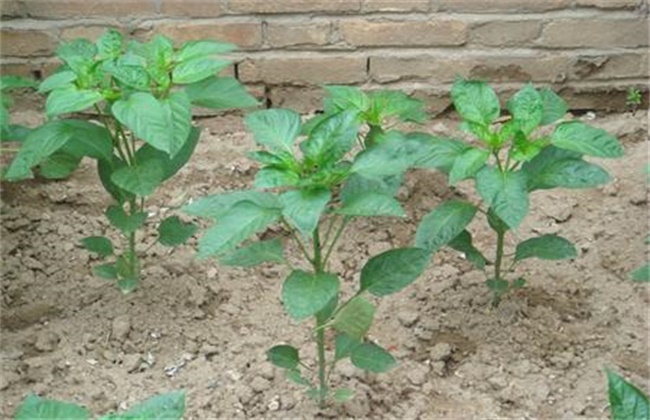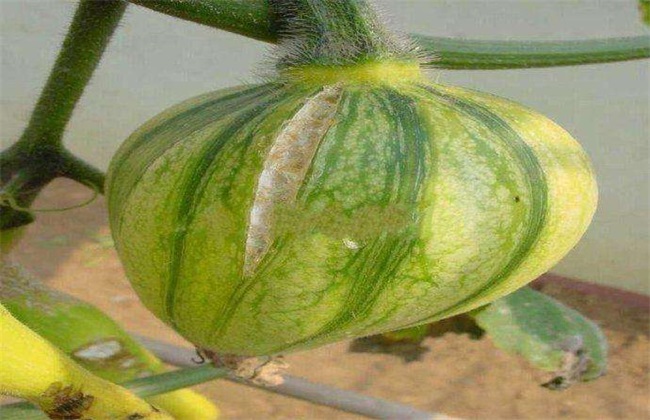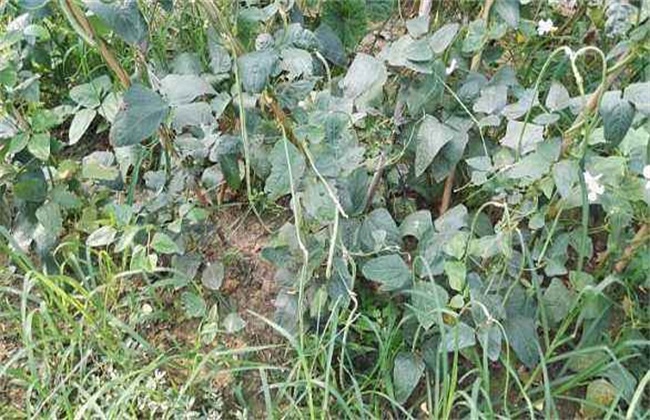Control measures of Common physiological Diseases in vegetable Seedling stage
Physiological diseases often occur in the process of vegetable seedling breeding, and physiological diseases are different from infectious diseases in performance and control, so what are the common physiological diseases in vegetable seedlings? How to prevent and cure it? Come and have a look with the editor.

1. Rooting
Because too much nitrogen fertilizer is applied and the bed soil is dry, the application of immature organic fertilizer causes damage to the roots of seedlings, generally showing that the root tips are yellow, the fibrous roots are few and broken, and new roots will not occur, but Blanc heel, the aboveground leaves are small and wrinkled, and the leaves are dark green and the edges are scorched yellow. in serious cases, it will cause seedling death.
Prevention and control measures: the application of chemical fertilizer at the seedling stage of vegetables should not be too much and should be applied evenly, and mature organic fertilizer should be used as far as possible. When root burning occurs, it can be properly watered to reduce the concentration of fertilizer in the bed soil, or to change soil and transplant. This can be an excellent phenomenon of fertilizer root burning.
2. Retting root
Root retting is caused by oversaturated soil moisture in seedling bed, lack of air when soil moisture is high, and low temperature and lack of light for a long time. The main performance is that the roots rot, the seedlings are easily pulled up, and the aboveground parts will stop developing, which is also gray-green, will gradually turn yellow, and even cause the death of the whole plant.
Prevention and control measures: the bed temperature can be controlled by heating and other methods, and the amount of watering in the seedling bed can be controlled. when watering, warm water should be irrigated reasonably according to the dry and wet condition of the bed soil, not with heavy water. If retting occurs, watering should be suspended, timely ventilation and moisture drainage, increase evaporation, or loosen the soil to breathe.
3. Chilling injury
The normal damage to the seedlings when the seedlings are in low temperature above 0 degrees or below 0 degrees for a long time, such as slow seedling growth, poor root development, dark green or yellow leaves, leaf curling and wilting, and even the whole plant seems to be scalded to death by boiling water.
Prevention and control measures: if the low temperature damage is not serious, in the case of reducing direct light, you can spray a small amount of water, gradually increase the temperature, but also restore the growth of seedlings.
4. Burning seedlings at high temperature
This phenomenon occurs more frequently in the plastic film small arch shed, and the temperature changes violently with sunlight, and it can rise steadily to more than 50 degrees in the case of no ventilation at noon on a sunny day, so that the seedlings will be burned at high temperature, and the light ones will lose water. the heavy leaf Yo obvious brown burn spot, even quickly the whole plant catches up, cannot recover and dies.
Prevention and control measures: when raising seedlings in early spring, we should not only pay attention to prevent cold, but also prevent the harm of high temperature, especially fruit and vegetable seedlings, even if the seedlings are not roasted or injured, as long as the temperature is higher than 35 ℃ for a long time, the development of flower buds will be damaged, which has a significant impact on the normal development and yield of plants.
The above is the introduction of the prevention and control measures of common physiological diseases in vegetable seedling stage. I hope it can help you. If you want to know more about it, please pay attention to us.
Related
- Where is it suitable to grow horseradish in China? it is expected to see the middle altitude horseradish in Alishan.
- How to prevent tomato virus disease reasonably? (Control methods included)
- Many people like to plant towel gourd on the balcony. What are the main points of this method and management?
- What crops can chili peppers be mixed with?
- Fertilization techniques and matters needing attention in Tomato
- What are the grafting techniques for peach seedlings in spring?
- Harm and control methods of root swelling disease of Chinese cabbage
- What are the pests of sweet potatoes? How to prevent and cure it?
- Symptoms, causes and Control methods of navel Rot in Tomato
- The cause of "Cucumber rotten bibcock" in Farmers' planting Cucumber and its Control Plan



